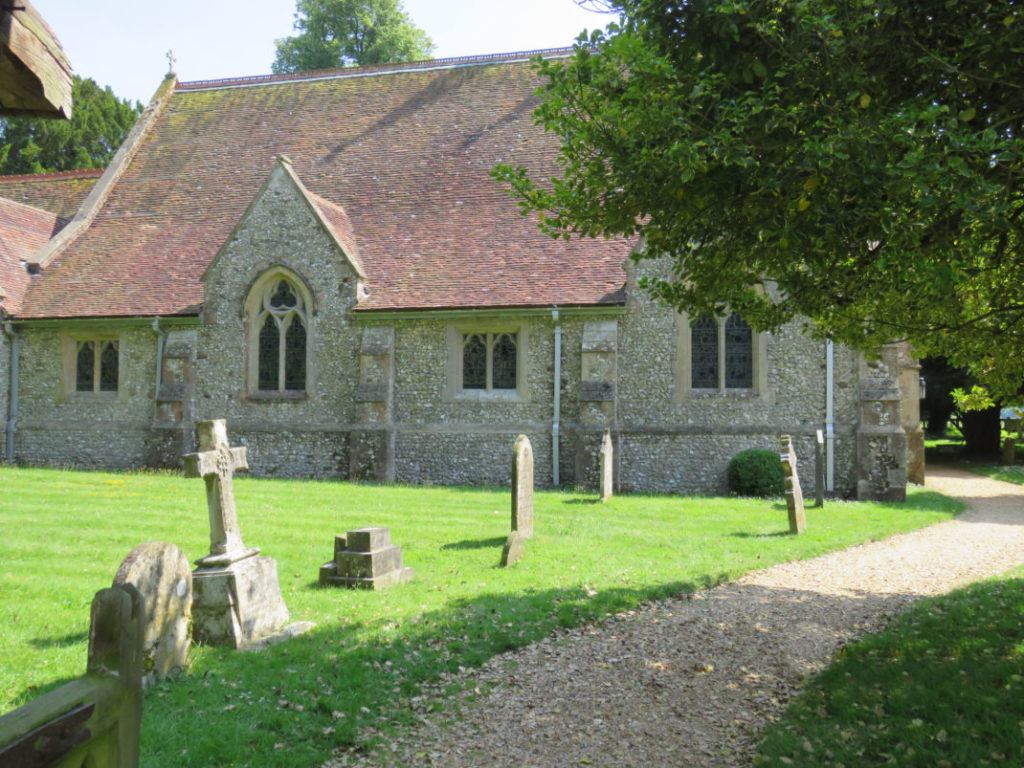
The idea of prenuptial agreements seems modern to most of us, and restricted to those who are extremely wealthy. However, this sort of agreement was common in England to all but the poor. During the Regency, such an agreement was known as a Marriage Settlement.
A Marriage Settlement involved both families–not just the bride and groom. Discussions between the two parties often continued for months while the father of each family (unless someone else had control of the money and property in question) negotiated. These discussions happened under the advice of their attorneys, known as solicitors, who also drew up the papers. Marriage Settlements were reached regardless of whether the couple married by Banns, Common License, or Special License. As a rule, the upper classes didn’t like marrying by banns, also known as having the banns called, so they usually married by Common License, or in very usual circumstances, by Special License. You can read more about these forms of marriage here.
Even if the bridegroom was a grown man, his father, if living, would participate in the discussion. The groom would do the negotiating only if he were in full possession of money and property because his father was either dead or not able to advise him. Even if the groom was the heir, his father still negotiated because the heir didn’t technically own anything yet.
During Regency England, the bride usually owned no property, money, or possessions of her own since most of it legally belonged to her father, so her father, guardian, or trustee presented her dowry. Anything of hers became her husband’s. At times, money or property that was hers because it had been willed to her or was hers due to a special arrangement could be set aside for her sole use. In this case, the husband couldn’t touch the capital or property, but still had access to the income this capital or property generated. So really, it was still pretty much his.
Every once in a while, a wedding would be called off because the men working on the settlements couldn’t come to an agreement or if the husband wouldn’t agree to the extent of the money left for the sole use of the wife. Having trustees or fathers disagree about settlements cast no aspersions on either the young man or the young lady. Gossip as more likely when an engagement fell through without explanation.
If a couple eloped by running off to Gretna Green, they did so without the protection of a marriage settlement. This meant the impetuous groom lost access to his bride’s dowry, and the bride lost any hope to have personal spending money or provisions if she outlived her husband.

